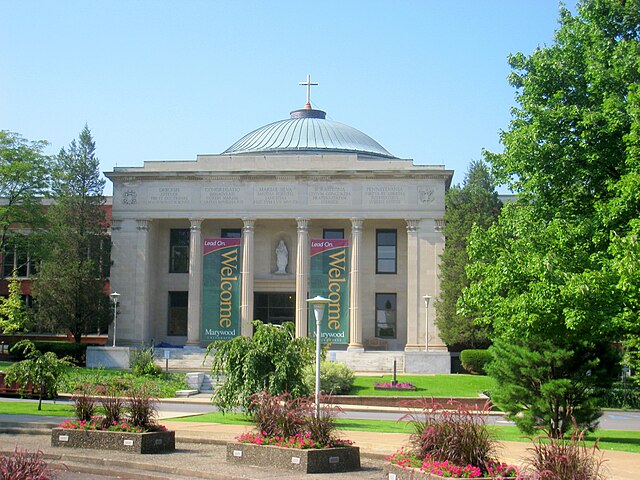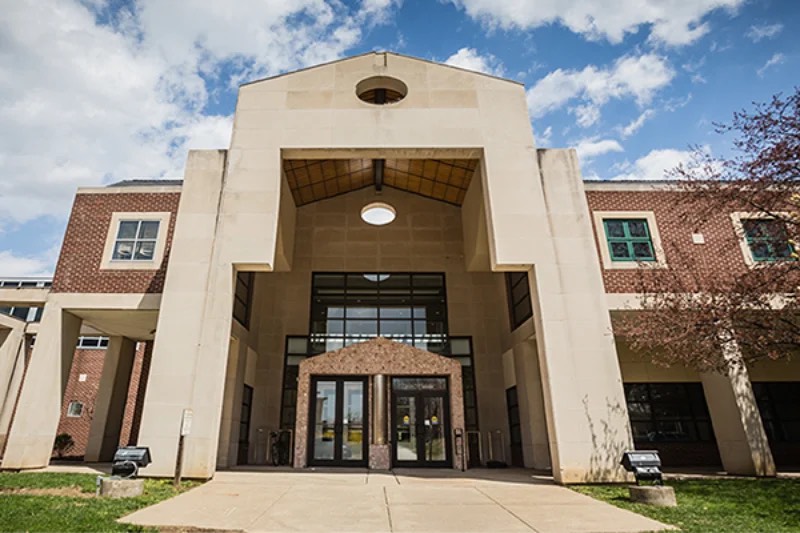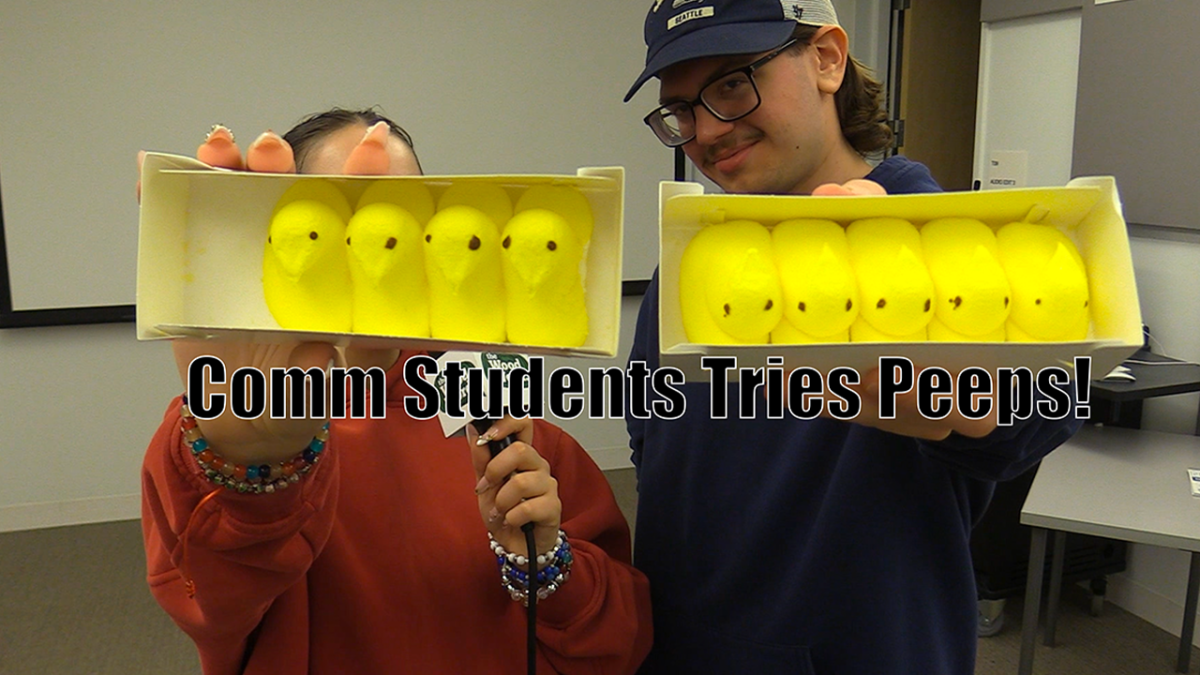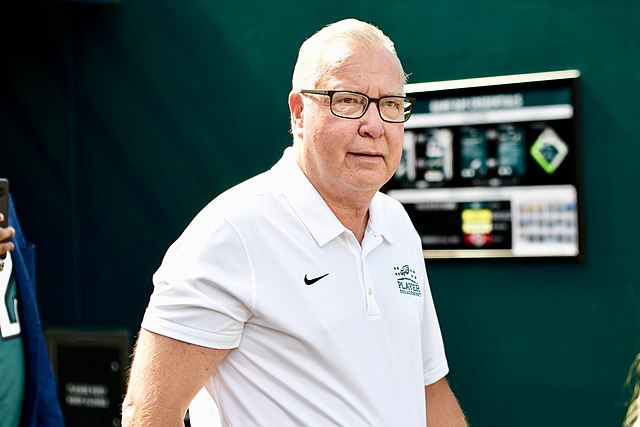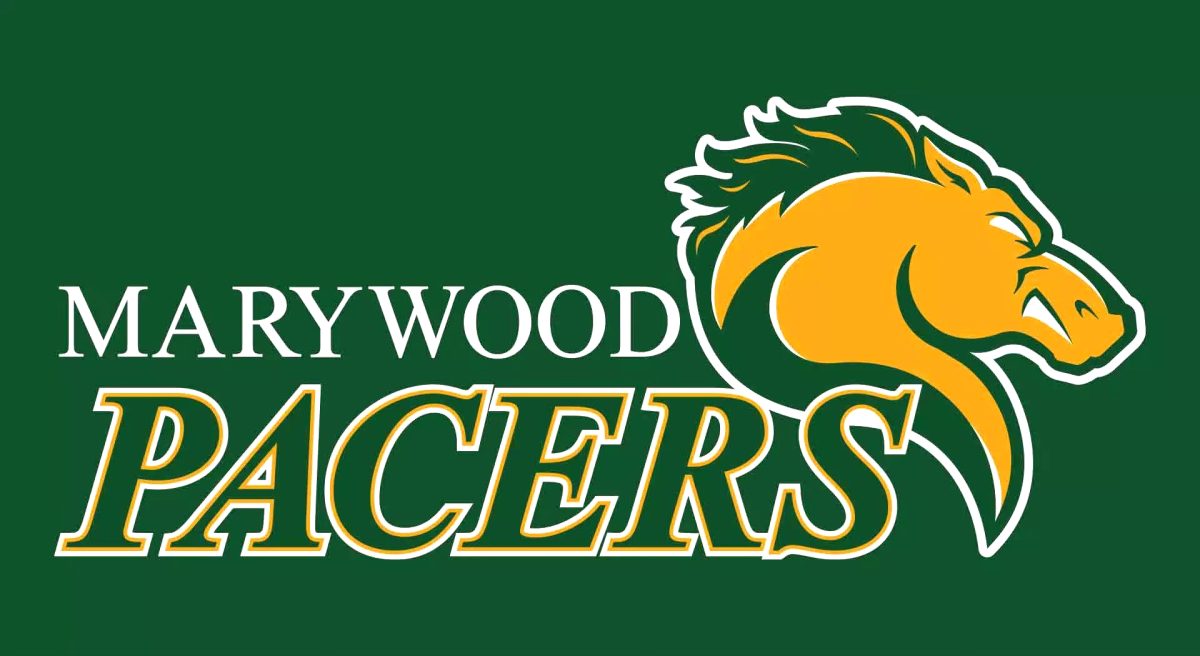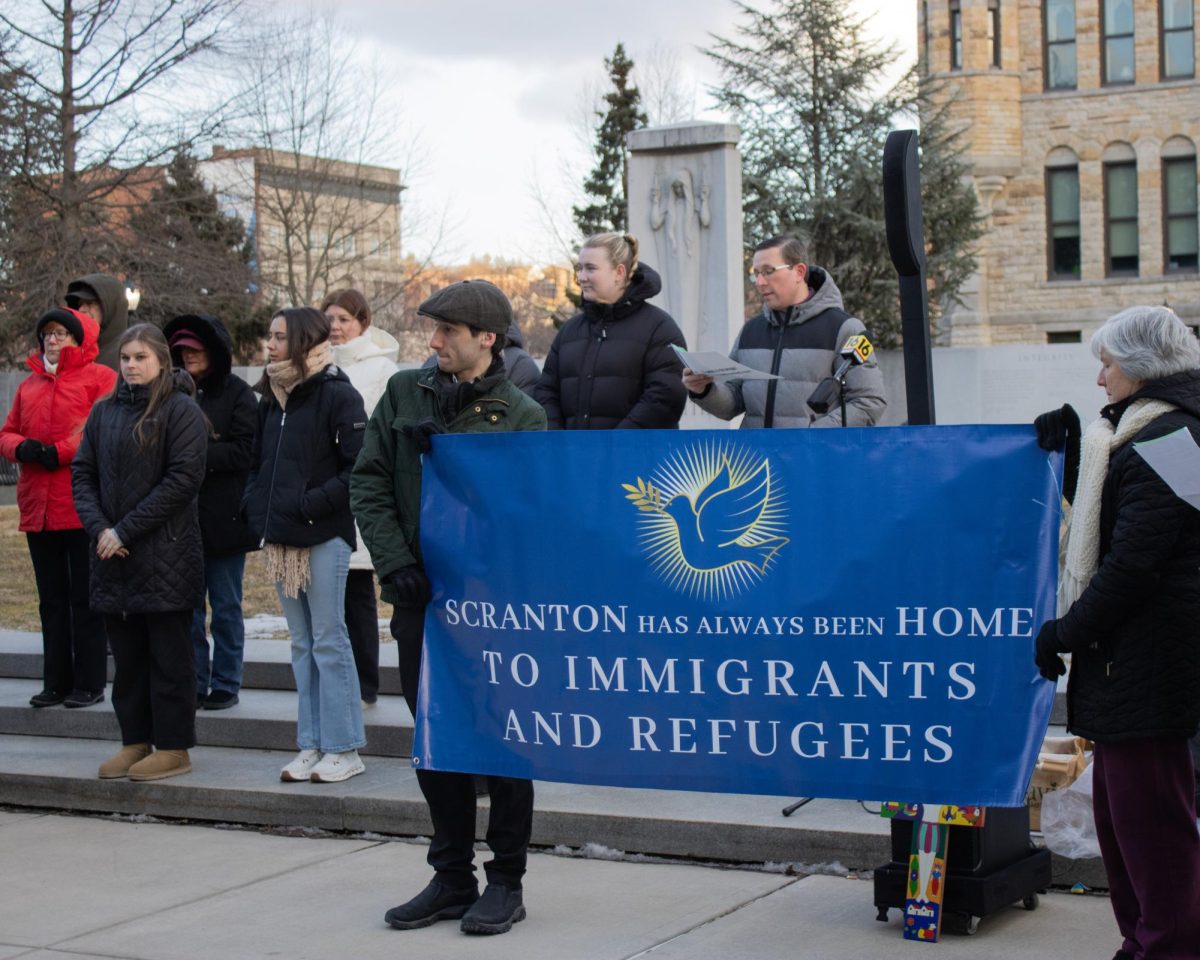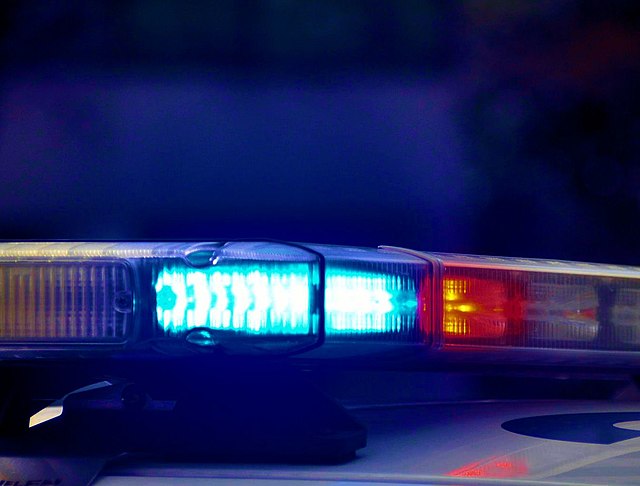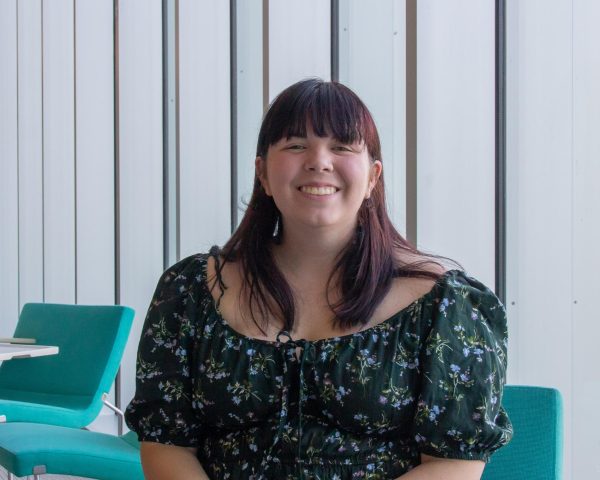Keystone College, a pillar of the Northeast Pennsylvania community, may close its doors at the end of the school year. With the future of Keystone unclear, at least 25 students have decided to transition to Marywood through the teach-out plan.
Every seven years, the Middle States Commission on Higher Education (MSCHE) requires all accredited institutions to go through a self-study and report to renew their accreditation. If the institutions meet all the requirements, they receive the accreditation and students are able to apply for financial aid.
Keystone struggled financially but believed issues would be solved through a merger with the Washington Institute for Education and Research. However, in November, the MSCHE planned to withdraw Keystone’s accreditation.
According to WVIA News, Middle States claimed Keystone failed to demonstrate future financial stability and prove the board of directors provides for the public interest. Without the accreditation, institutions lose federal financial aid, and without the students who rely on aid, schools cannot stay open. Marywood is currently in the process of reaccreditation.
On Dec. 20, Keystone sent an appeal to the MSCHE in hopes of staying open. MSCHE, however, has asked the college to implement a “teach-out plan.” The teach-out plan allows students in good academic standing to pay the same tuition as they were paying at Keystone to complete their degree at the same time.
Cedar Crest, Chestnut Hill and Lackawanna colleges, along with East Stroudsburg, Frostburg State, Misericordia, Moravian, Wilkes and Marywood universities partnered with Keystone as a part of the teach-out plan.
Dr. Ann Cerminaro-Costanzi, Marywood’s interim vice president for academic affairs, has been hands-on with the teach-out plan from the beginning to help these incoming students.
“From starting in the fall semester when there was some indication that Keystone would be asked to form some teach-out agreements with other universities, we were actively involved in discussing the arrangements that we were going to enter into with Keystone,” she said.
Through admitting these “legacy students” as Dr. Cerminaro-Costanzi calls them, Marywood has tried to make the process as easy as possible.
“The way the admissions process is working is that students who inquire about finishing their degree, to transition to Marywood is very smooth and the way we’ve worked it is that we’ve developed crosswalks to enter the programs, if we have the program,” she said.
Dr. Cerminaro-Costanzi believes that the teach-out transition has been successful so far and as a closer option, Marywood has been able to make the transition as smooth as possible. However, she sees that legacy students are uncertain of the future but she believes that the team has made the process as accommodating as possible.
Freshman Genieve Pollock transitioned to Marywood from Keystone through the teach-out plan and she feels that Marywood has been very accommodating throughout this new change.
“I feel like I barely did anything on my own, I was getting emails all throughout winter break and it was kinda rushed because it was in such a short time,” she said. “It was like winter break and I was transferring to Marywood, so it was very fast.”
As a part of the volleyball team at Keystone, Pollock found that the transition to athletics was also easy.
“The Marywood coach was retiring and she thought it was a great opportunity since it wasn’t looking good at Keystone,” Pollock said. “Originally, I was planning on transferring in the fall but the teach-out program was put for the spring semester too so that’s why I decided to transfer.”
So far, Dr. Cerminaro-Costanzi believes that the program has been successful despite the uncertainty students have about their future at Keystone. The final decision on Keystone’s appeal should be announced in March or April.
Contact the writer: [email protected]



